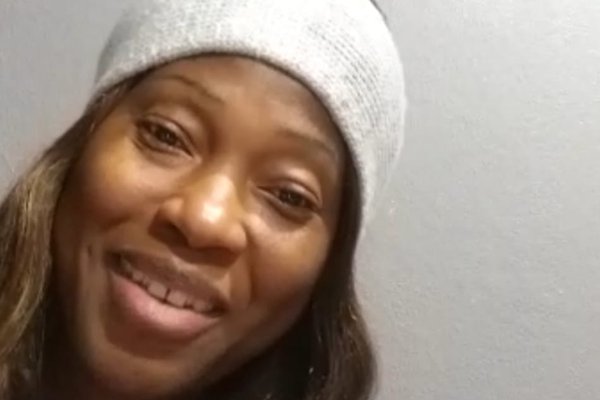"Coming out is a journey - so is organising"
"Coming out is a journey - so is organising"
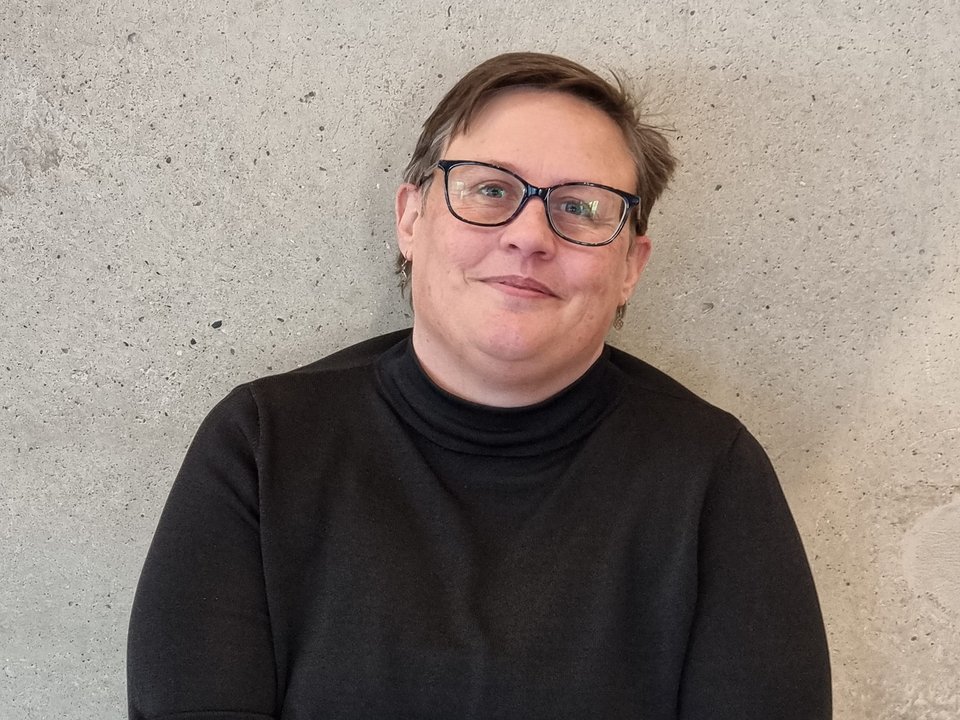
Sally Rush is a community leader who has been involved in multiple Citizens chapters, as well as now being a Trustee for Citizens UK.
For Pride month, we spoke to Sally about her experience of organising as a member of the LGBTQ+ community.
What has your experience been, broadly speaking, of being an LGBTQ+ leader? Have you had different experiences in different chapters that you've been involved in?
I think I've been lucky in the chapters I've been involved with. Because while there are possible tensions, there have been chapters like Milton Keynes, where everybody understood that Q Alliance was a member and if they were also going to be members, then actually that was part of the ‘broad-based alliance’.
And in Birmingham, having young people involved through universities and a Methodist District that was more ahead of the curve than others in terms of LGBTQ+ inclusion meant being an LGBTQ+ leader was broadly accepted.
In Hackney and Islington, I was involved in the Faith Leaders Forum as part of my job, which meant I was more aware of some of the sensitivities that came from organising as an LGBTQ+ leader but actually, it was even more important then to find common ground in the way that Citizens does. More than people outright not being supportive, what I encountered in that chapter were supportive faith leaders from a range of religions who were just actually saying, ‘if I say anything publicly on this issue at all, it will cause so many problems’. So that’s what I’ve encountered more.
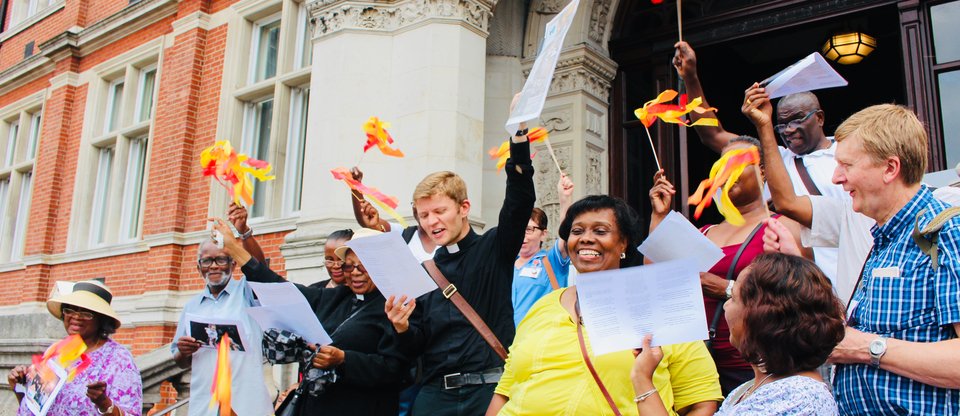
In community organising, we often talk about local Citizens chapters being a broad-based alliance. This means each chapter is made up of a broad range of organisations in a local area, working together across difference to make change.
You said you were aware of tensions through faith leadership about being in the LGBTQ+ community. Have those identities felt like quite separate parts of your work organising or does it feel really integrated?
In all the chapters I’ve been involved in, they’ve been integrated – in Milton Keynes, I was representing Q Alliance and my husband was on the Mission Committee of Cornerstone Methodist Church and had just started going through his transition. In Islington, I was a community worker with young adults and clear that I was supporting LGBTQ+ young people as a part of that. There wasn’t any ambiguity in those situations.
And I've always thought it’s important to be someone who engages with other people, whatever their views - but crucially, having integrity about the fact that I'm a queer woman married to a trans man, and this is who I am. And actually saying to people, ‘I respect that your interpretation of whatever scripture it may be might not accept that, but actually it is who I am, and please respect me as a person when you're engaging in conversation’.
What do you think is the value of being an LGBTQ+ leader is in organizing? What do you think it brings?
I think it brings an understanding of nuance.
And actually understanding that what you see is not automatically the way things are and that people who on the outside might appear to have an awful lot of privilege, can be fighting discrimination and issues too.
Through my day job, I was working on a day-to-day basis with LGBTQ+ people who weren’t out in a church environment or a Citizens environment. I think it’s so important that when you’re developing and engaging with leaders that you meet them where they are, and understand their motivations and their boundaries. You have to respect how open others wants to be because sometimes it’s for personal safety reasons that they’re not out, and they can only share part of their story and have to put up their own boundaries. But they have tremendous value as leaders and can advocate for LGBTQ+ people in whichever way they’re comfortable.
LGBTQ+ leaders being involved in organising also just means fewer assumptions being made. If you’re in the community, and people talk in very generic terms about the community, you can say ‘hang on, you can’t make that assumption about that person or group of people’ and work through those tensions.
I've always thought it’s important to be someone who engages with other people, whatever their views - but crucially, having integrity
There are some interesting parallels there - the LGBTQ+ community in itself is already very broad-based - the experiences are very different depending on who you are, how you identify. With all that in mind, what would you say to an LGBTQ+ person interested in getting involved in community organising?
What I'd say is just as coming out is a journey, so is organizing. And in the same way as the more confident you can become in your identity as an LGBTQ+ person and the more comfortable you are perhaps speaking out, actually that's paralleled in some ways with being somebody involved in organizing - that the further you are in your journey, the more you're comfortable about being yourself and also knowing the barriers you want to put in for yourself, and what change you want to see.
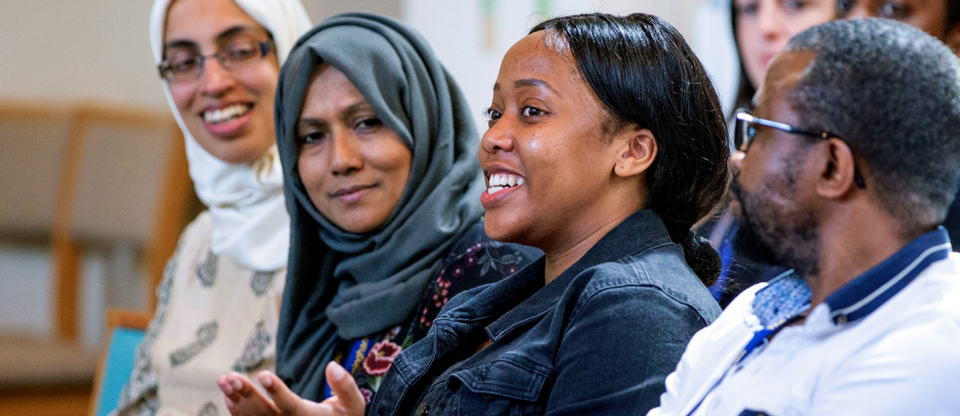
We believe everyday people can make a difference to the world around them. To help you make changes in your community, we offer community leadership training to give you the tools and support to turn your ideas into action.
Featured Content
-
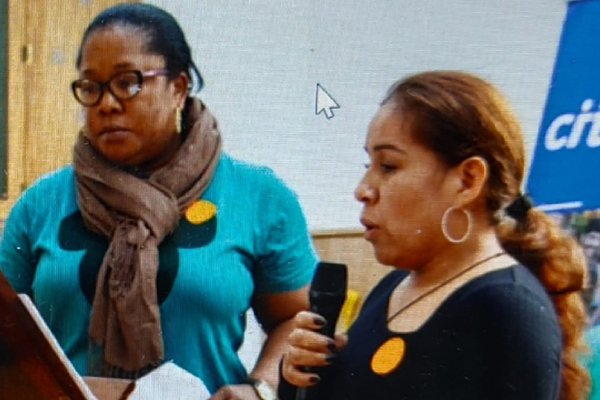 Adela's Story, Powerful Voice from our Parent Leaders
Adela's Story, Powerful Voice from our Parent LeadersAdela, a powerful voice amidst our community, her story is a witness of what is possible when parents take leadership and step into a bigger vision of themselves and their community.
Read more -
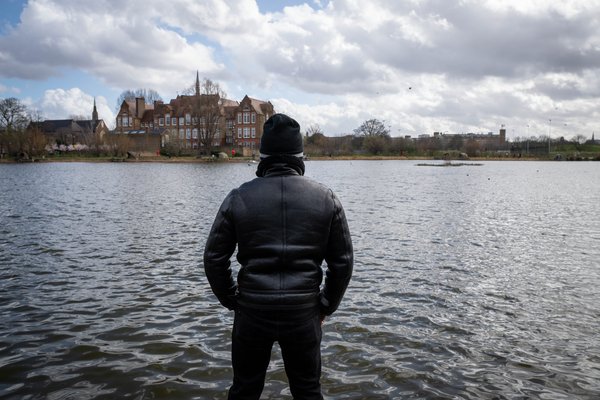 Alex's Story: "Winning would give me freedom that I have been dreaming of for so many years"
Alex's Story: "Winning would give me freedom that I have been dreaming of for so many years"We believe that we should care for our neighbours, wherever they were born and whatever their immigration status. This is Alex's story.
Read more -
